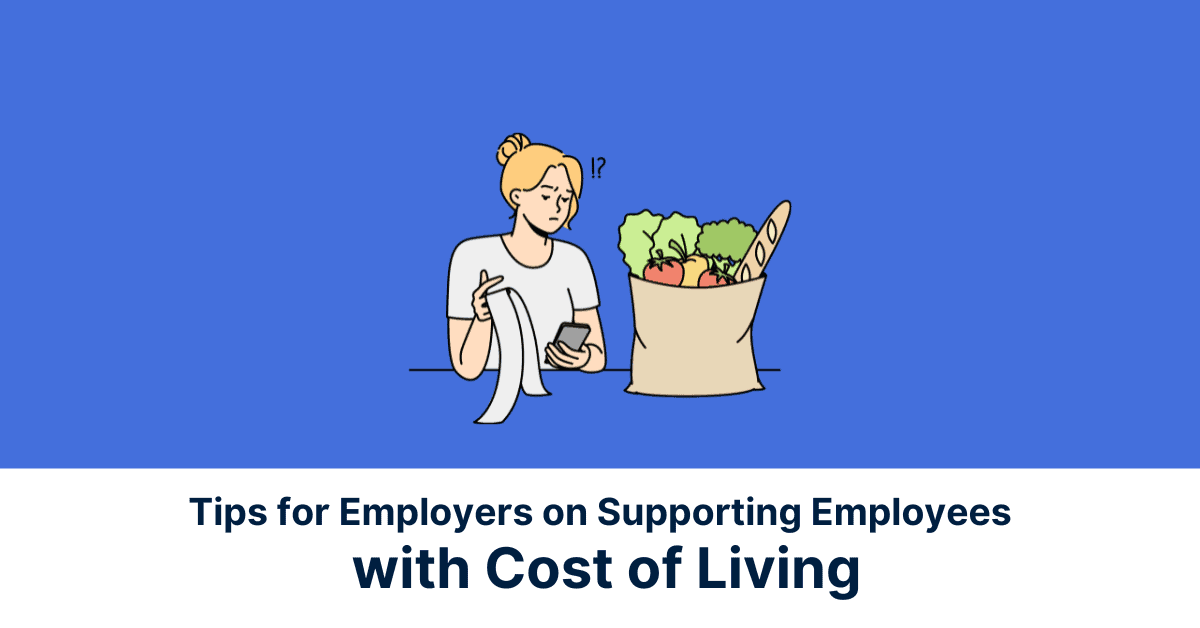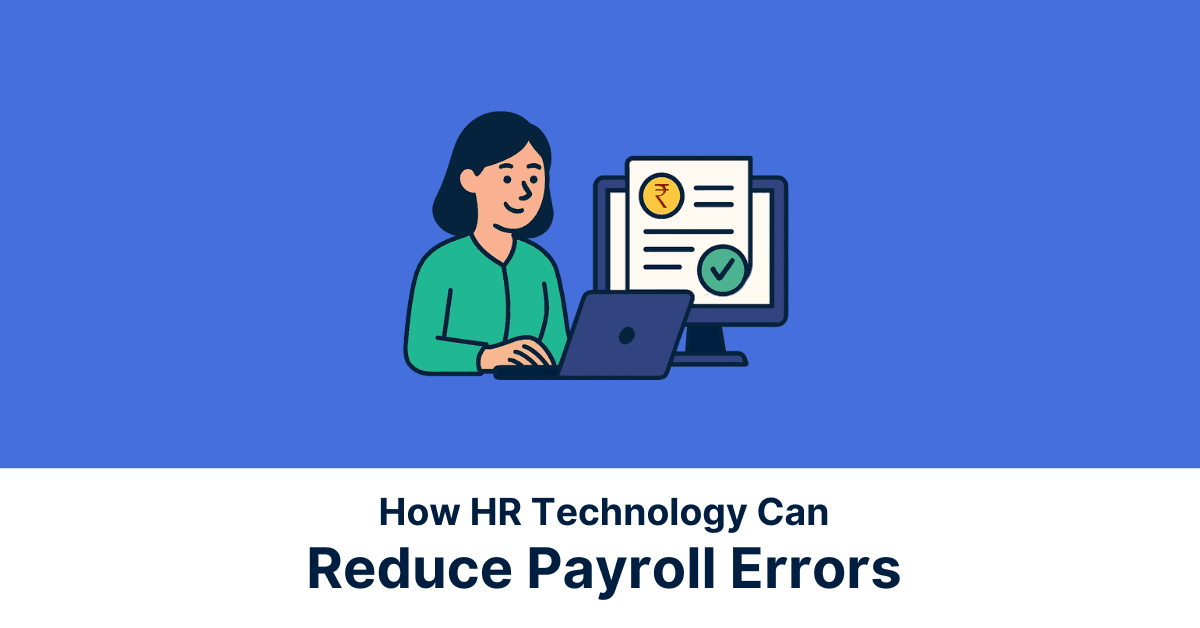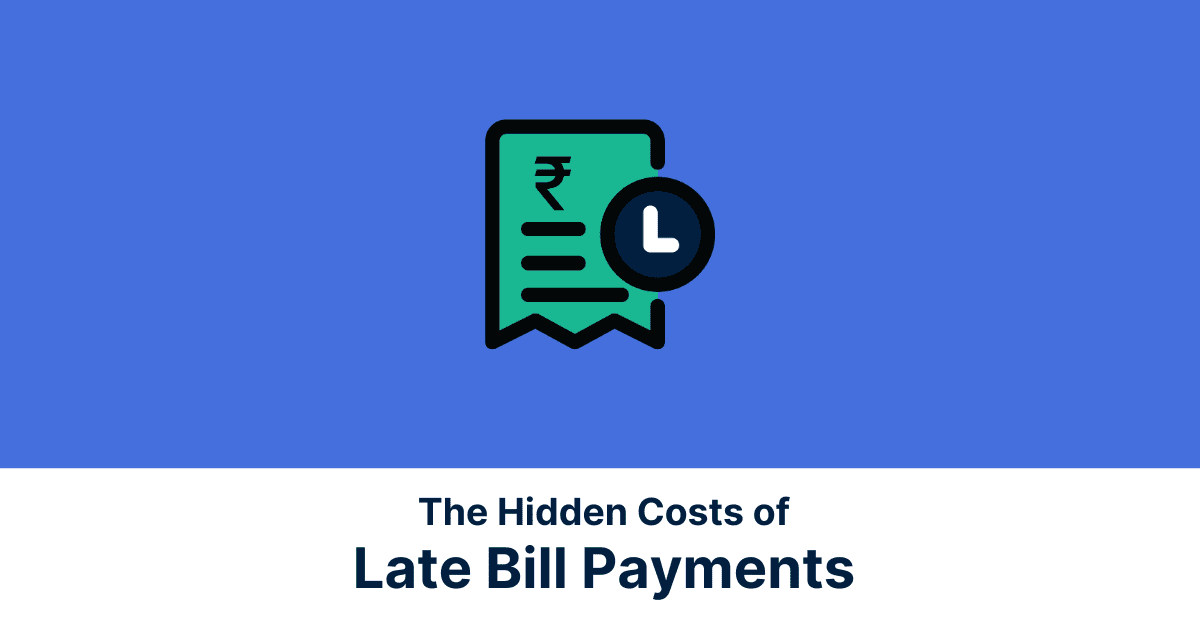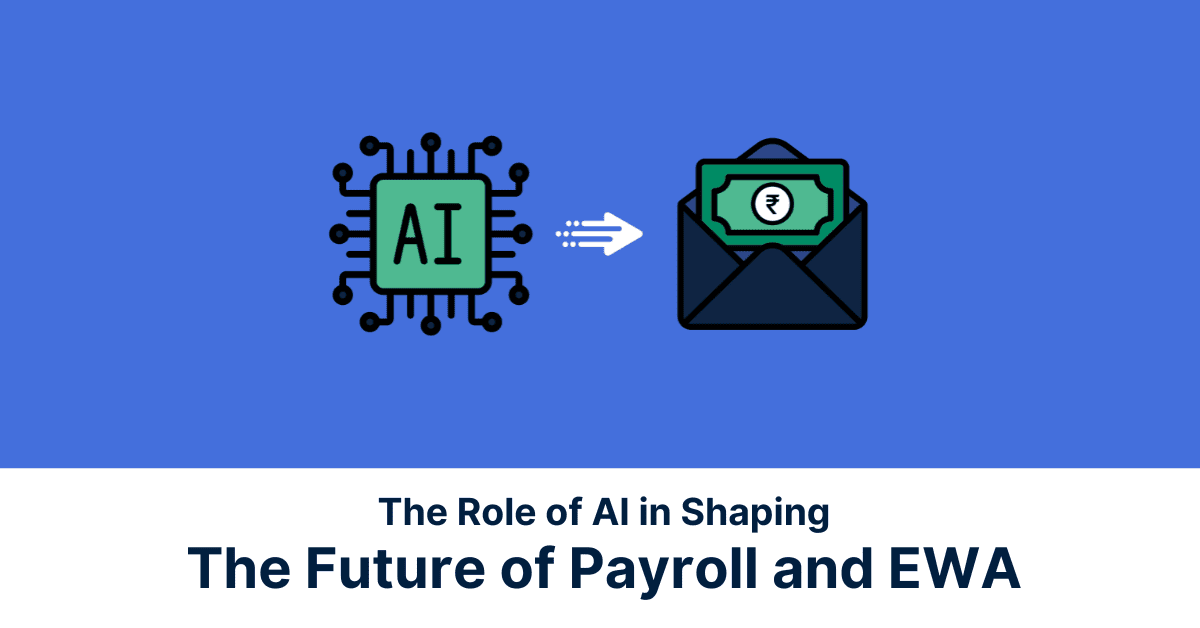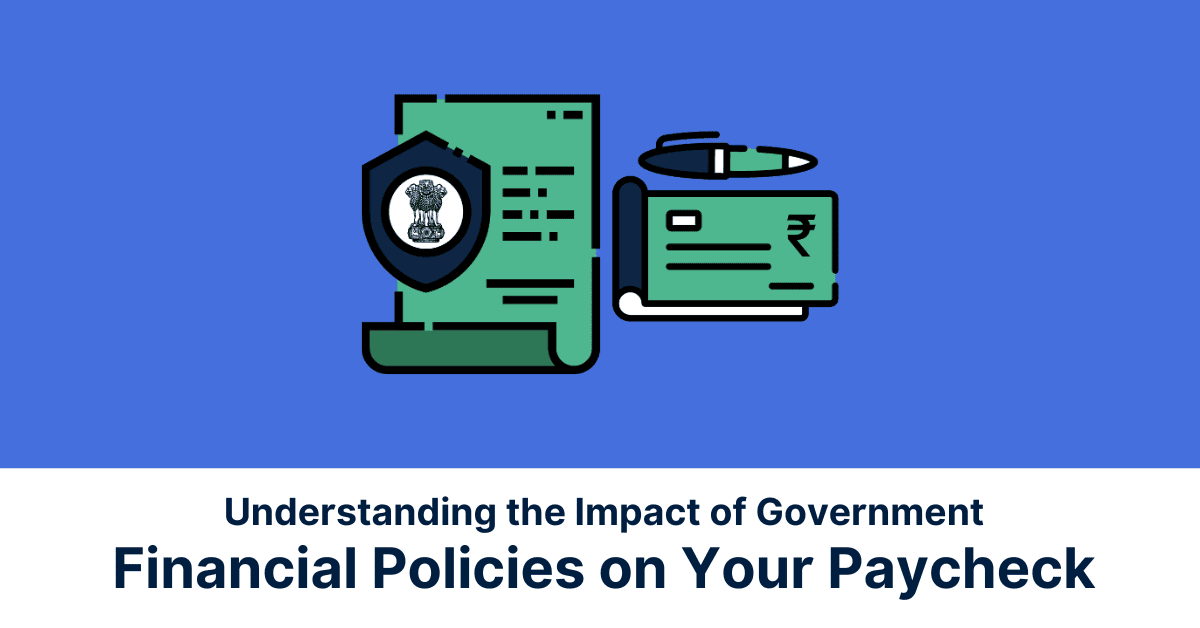The skyrocketing cost of living in India can squeeze your employees, leaving them with anxieties about managing bills and stretched budgets amidst high interest rates and inflation. Financial stress comes with worries about affording basic necessities. This puts the onus on smaller businesses to find creative ways to support your team beyond just salaries.
While salary hikes might seem tempting, they risk fueling inflationary pressures, potentially trapping both your business and the broader economy in a vicious cycle. Instead, in this article we will help you consider a more holistic approach that addresses the immediate concerns of your employees while minimising tax burdens on both sides.
Here are some tips to support employees with cost of living challenges:
Offering a one-time bonus
While salary hikes are a common way to combat inflation, organisations could consider offering one-time bonuses as a temporary relief measure. This could be done in addition to or instead of salary increases, depending on the budget and company policies.
Currently, the Indian government is actively encouraging companies to provide bonuses to ease the burden of inflation. Several initiatives, like the Production Linked Incentive (PLI) scheme, incentivize businesses to offer bonuses to employees who achieve specific targets.
To maximise the advantage for your employees, consider exploring tax-exempt options like:
- Leave encashment: Allow employees to convert a portion of their earned leave in exchange for a tax-free bonus.
- Performance-linked bonuses: Tie bonuses to specific performance metrics to qualify for tax exemption under certain schemes.
- Meal vouchers or gift cards: Offer prepaid meal vouchers or gift cards for essential items, which are partially or fully exempt from tax.
Strengthen your internal communication
In times of uncertainty, compassion and clear communication are your best allies. Strong internal communication fosters trust and opens doors for dialogue between you and your team. When building your communication strategy, keep these key points in mind:
- Be predictable: With so much change going on, you want to reduce disruption. Regular frequencies of communication showing up in the same channels show your team they can rely on you.
- Keep it short: It’s not just millennials and Gen Zs who want a short summary; everyone can benefit from bite-sized messages.
- Encourage feedback: Whether it’s using pulse surveys or one-on-one conversations, allow your workforce to ask questions, leave feedback and create conversation.
Provide flexible work options
Provide health and well-being services that extend beyond mindfulness and meditation, addressing a variety of factors impacting employee mental health and overall well-being.
Ensure that your mental health programs are easily accessible remotely to maximise their reach among employees. The pandemic has ushered in the era of virtual health and well-being, featuring online consultations with general practitioners, virtual fitness classes, remote sessions with personal trainers, mental health professionals, nutritionists, and a host of other virtual services.
This shift to remote accessibility has allowed employees to access these resources from the comfort of their own spaces, contributing to the flexibility and convenience of supporting their mental health and well-being.
Convey your employee benefits effectively
Even if your financial well-being support is robust, its effectiveness hinges on clear communication and understanding. Ensuring that employees are well informed about the full spectrum of benefits you provide, with up-to-date and relevant information, is crucial. Additionally, providing financial education is essential to empower employees with a comprehensive understanding of their benefits.
Break the chains of shame
Talking about debt or financial struggles can feel like a heavyweight. The stigma attached to these issues is deeply ingrained, leaving individuals feeling isolated and shamed. The truth is, life circumstances can change for anyone, and even the most financially secure can find themselves facing debt.
Progressive employers are taking a stand against this silence. They recognise that ignoring these challenges only makes them worse. Instead, they encourage open communication and urge their employees to seek available support.
By creating a safe space for discussion and offering resources like financial literacy workshops or employee assistance programs, companies can empower their employees to break free from the shackles of shame and tackle financial challenges head-on.
Education assistance programs
Offering education assistance programs to help employees pursue further education or skill development, which can enhance their earning potential and career growth.
Supporting employee education or skill development can involve financial assistance, by way of tuition reimbursement or subsidies, which can help employees cover costs associated with thereof. This can include pursuing a higher degree, attending workshops, or obtaining certifications relevant to their field.
By investing in an employee’s educational pursuits, employers not only contribute to individual professional development but also strengthen the overall skill set and knowledge base of their workforce.
Financial counselling
The importance of financial counselling services cannot be overstated. Understanding the impact of personal finances on overall well-being, employers can consider offering their workforce access to professional financial advisory. These services could cover a spectrum of topics, including budgeting, debt management, savings, investments, and retirement planning.
By providing financial counselling, employers demonstrate a commitment beyond the nine-to-five grind, acknowledging the correlation of personal and professional spheres.
In times of economic uncertainty, these services become lifelines to employees facing financial challenges, offering them a roadmap to navigate economic ups and downs. Financial counselling contributes not only to a more knowledgeable and skilled workforce but also to a workplace culture that values the overall well-being of its employees.
Conduct a “cost of coming to work” audit
Amid the cost-of-living crisis, every penny counts. And for employees, those pennies can add up fast, even before they clock in. That’s why it’s time for a crucial audit: the “cost of coming to work” audit.
Let’s face it, some costs are unavoidable. But are there hidden expenses silently syphoning off employees’ paychecks before they even hit their bank accounts?
Consider these potential hidden costs:
- Long commutes: Does your office location force employees into lengthy, expensive treks? Skyrocketing fuel prices and car maintenance costs can eat into their budgets.
- Delayed first paychecks: Six weeks before a first paycheck? That’s a long time to wait and can lead to financial stress.
- Upfront uniform costs: Asking employees to shell out for uniforms right away puts pressure on their wallets early on.
- Limited financial support: Long expense reimbursement wait times can create unnecessary burdens.
While not every cost is completely under your control, a thorough audit can reveal surprising opportunities to ease the financial burden on your team.
Conclusion:
With a spiralling cost of living crisis, some companies have risen to the occasion, becoming heroes for their employees. This isn’t just about weathering a storm; it’s about proactive leadership and innovative solutions. We’ve discussed various ways companies can go beyond simple salary increases, exploring both financial and non-financial approaches to help workers navigate these challenging times.
With over 51.6 million people pushed into poverty and homelessness globally, the responsibility to support and protect employees falls squarely on businesses.
*Disclaimer:
The information contained herein is not intended to be a source of advice concerning the material presented, and the information contained in this article does not constitute investment advice. The ideas presented in the article should not be used without first assessing your financial situation or without consulting a financial professional.
